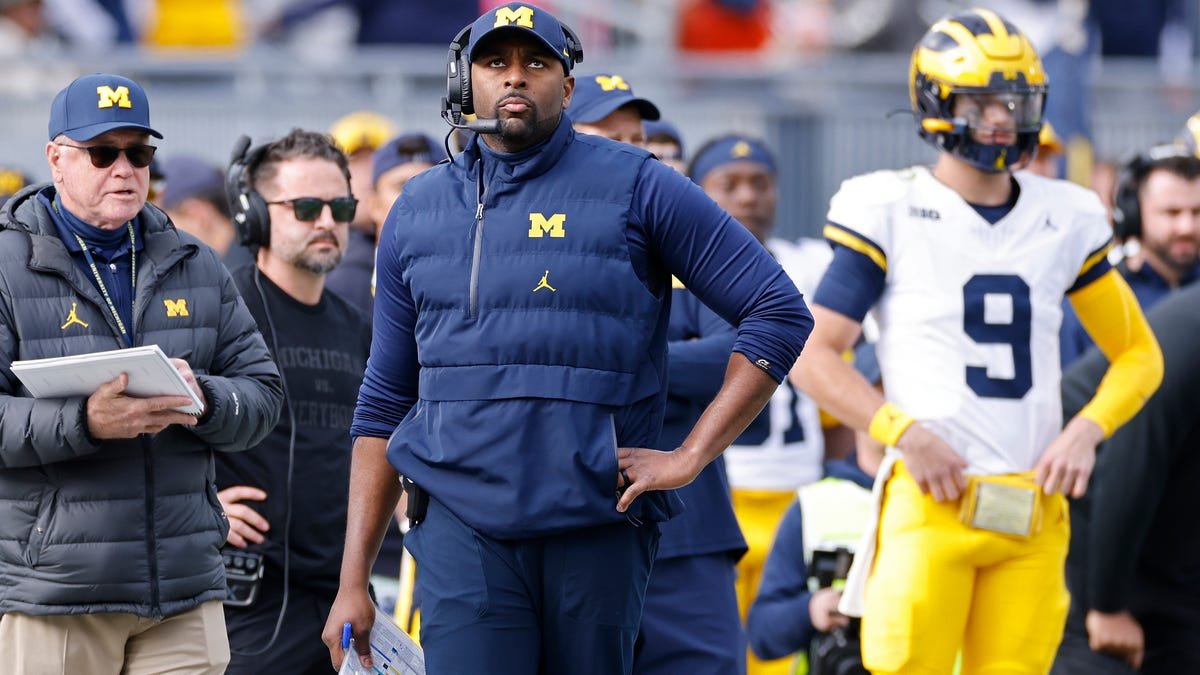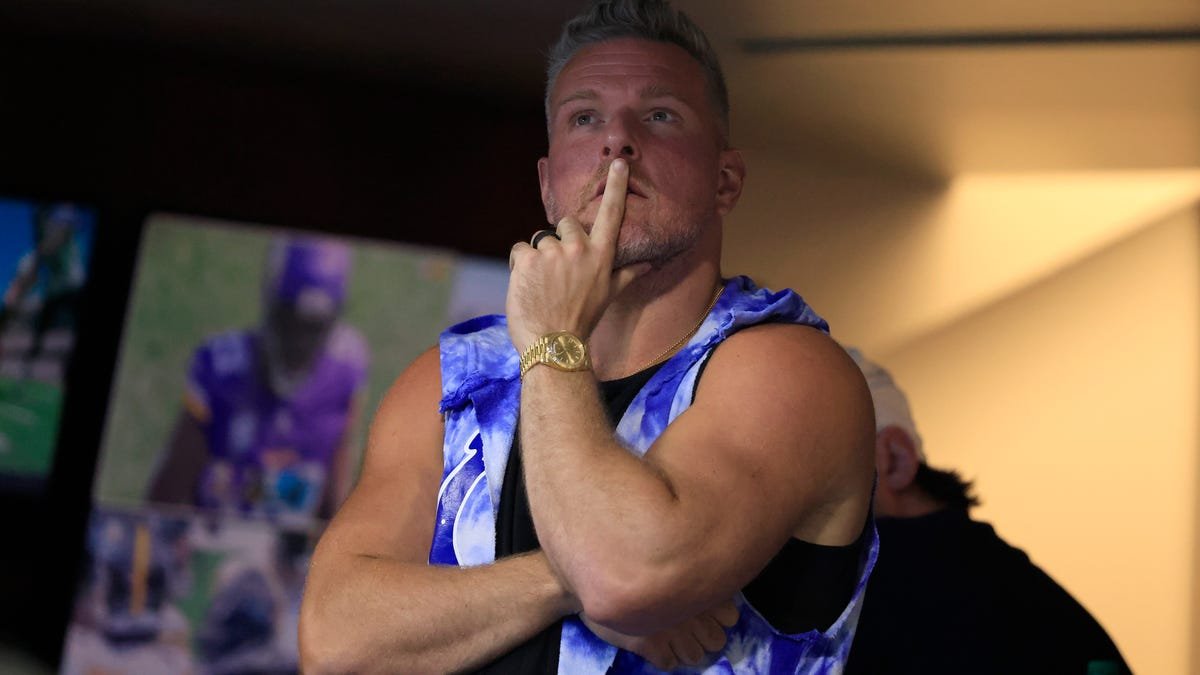The upcoming Michigan vs. Ohio State football game is generating a lot of buzz, and for good reason. This historic rivalry between two powerhouse teams is about to witness a groundbreaking moment: the first time a Black head coach will take the field for either side. Sherrone Moore, the head coach for Michigan, is not only making history but also shedding light on the lack of diversity in college football.
The prevailing argument for hiring decisions in any field is that the best person for the job should be selected, regardless of their race or ethnicity. However, when it comes to college football, the majority of head coaching positions have been occupied by white men. This lack of diversity is not only troubling but also mirrors the same issue seen in the NFL.
Moore himself acknowledges the significance of his appointment, stating that it is a great honor. As a former player who has had the opportunity to work with African American coaches such as Tony Dungy and Jim Caldwell, Moore recognizes the need for more diversity in college football. He hopes that his achievement will pave the way for more African American coaches to enter the field.
Michigan’s recent victory over Maryland was significant not only because it secured their 1,000th win in college football history but also because it highlighted the limited number of wins attributed to Black coaches. Of the 1,000 wins, only 3.5 were achieved by Black coaches. Moore and Mike Hart, Michigan’s running backs coach, are among the few who have had the chance to prove themselves as interim coaches.
The fact that Moore and Hart were given the opportunity to step in as interim coaches this season was due to the suspensions of Jim Harbaugh, Michigan’s head coach. Without these suspensions, there would have been no Black coaches leading the team. The situation is no different at Ohio State, where Larry Johnson became the first Black head football coach in the university’s history when he filled in for Ryan Day during his absence due to COVID-19.
Larry Johnson emphasizes that the biggest challenge for Black coaches is getting an opportunity in the first place. While there are many talented Black coaches doing exceptional work, their success is often overlooked, and they are not given another chance if they fail or face slow progress in their programs. Johnson believes that supporting these coaches is essential as their success opens doors for future generations.
The lack of diversity in college football coaching positions is not just a reflection of the sport but also a reflection of society as a whole. It is disheartening to see that, as of 2013, only 15 out of 133 FBS programs were led by Black head coaches. This disparity highlights the need for change and equal opportunities.
As the Michigan vs. Ohio State game approaches, it is important to recognize the significance of having Black coaches on the sidelines. Regardless of which team one supports, it is crucial to acknowledge that college football as a whole suffers when talented coaches like Sherrone Moore, Mike Hart, and Larry Johnson are not given equal opportunities to showcase their abilities on the big stage.
Saturday’s game will not only determine who makes it to the College Football Playoffs but also provide a platform for meaningful discussions about diversity and inclusion in the sport. It is time for college football, and society as a whole, to address the lack of representation and provide equal opportunities for coaches of all backgrounds.





